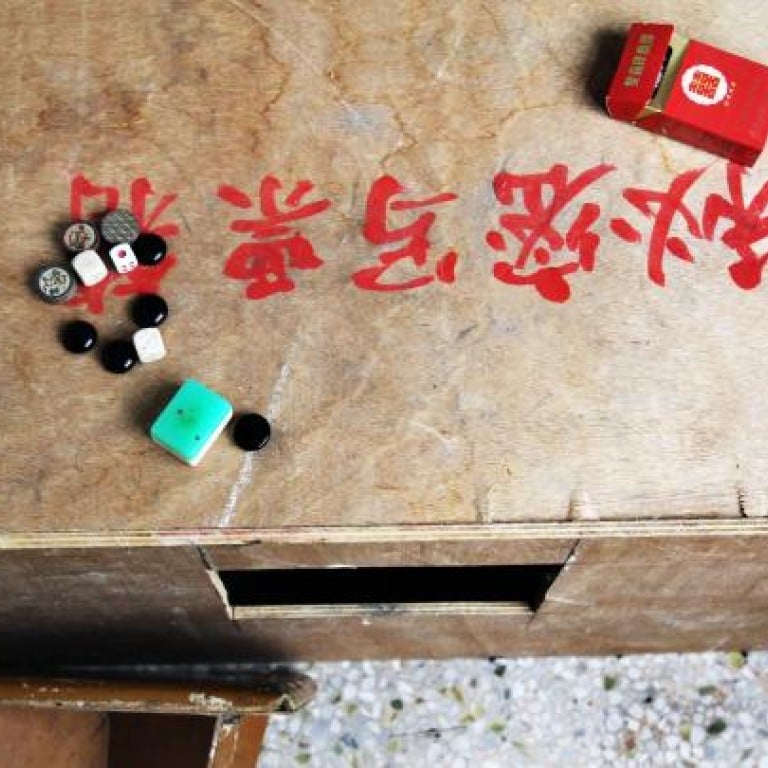
China's rebel village is not a failure, says activist
A Guangdong rebel village’s unprecedented venture into democracy has not failed, one Beijing scholar who advised villagers on holding elections said on Friday. Wukan just needed to fix its miniature political system.
Last month marked the first anniversary of Wukan’s free elections. At the anniversary, villagers expressed their frustration that their new freely elected village representatives had not been able to negotiate the return of most of the land that had been sold by the previous corrupt leaders.
“We intellectuals are responsible for these high expectations," said Xiong Wei, a grassroots legal activist who was speaking in Hong Kong on Friday.
‘“Villagers expected a solution to their land dispute,” he said, “but the current system set in place is not able to negotiate agreements on the land dispute.”
The village needed to establish a representative body that finds a middle ground between the current village representatives that were too dominant to want consensus and the village assembly that was too large to come to a consensus, he said.
"I don’t think they have made many mistakes," said Joseph Cheng Yu-shek, a political scientist at City University. "Their struggle just requires a tremendous long-term commitment. People might get tired."
Xiong also wants to convince villagers to have their leadership report regularly on the progress of the negotiations.
"It’s already a big step if villagers can enjoy their voting rights guaranteed in the law," he said. "The village representatives used to be useless.”
“Now that the villagers realise what power they have and that anyone can become a representative, the next elections will be much more intense," he said. "Next year there will be more candidates and that will drive up quality."
Xiong, who now runs the "New Enlightenment" think tank in Beijing and is also a part-time researcher at a Peking University legal research centre, started his activism as a journalist in 1998 and said Wukan is the fourth village he’s been advising. He said he planned to continue to try to make the Wukan case work.
Every day, Chinese authorities deal with more than 270 so-called "mass incidents" involving more than 100 people, the Chinese Academy of Social Sciences said in a study in December, adding that land grabs triggered most of the protests.

